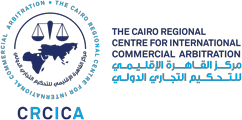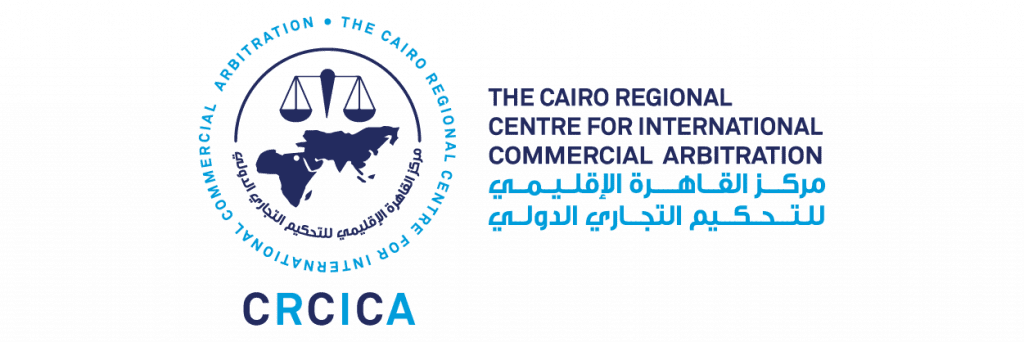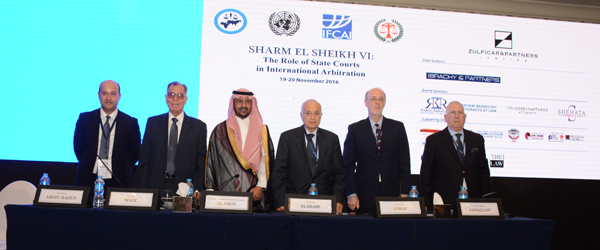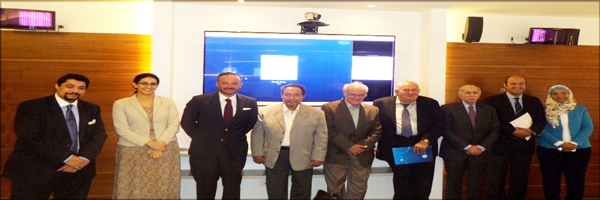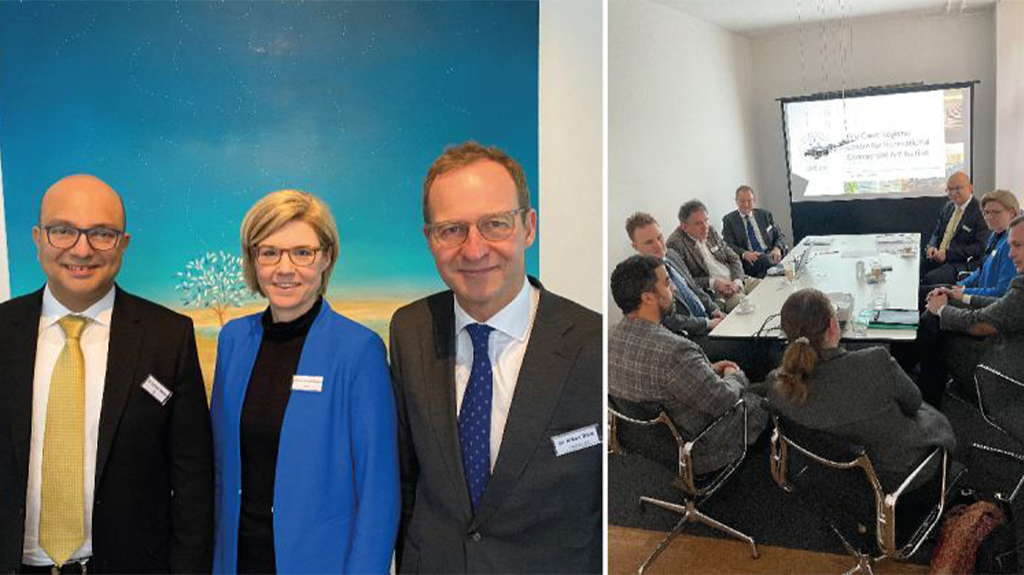19-20 November 2016, Hyatt Regency Hotel, Sharm El Sheikh, Egypt
Summarized Report
The Cairo Regional Centre for International Commercial Arbitration (CRCICA) held its sixth biennial conference on the Role of State Courts in International Arbitration on 19 and 20 November 2016 in Sharm El Sheikh, Egypt.
The conference was attended by 180 participants from 24 countries, namely, Austria, Bahrain, Egypt, France, Iraq, Jordan, Kuwait, Lebanon, Libya, Morocco, Nigeria, Palestine, Qatar, Romania, Saudi Arabia, Spain, Sudan, Sweden, Switzerland, Syria, Tunisia, United Arab Emirates, United Kingdom and Yemen.
Day One:
Opening Speeches:
The official opening of the Conference was held on 19 November 2016 and included a welcome speech by Dr. Mohamed Abdel Raouf, CRCICA Director and opening speeches by H.E. Dr. Nabil Elaraby, Chairman of CRCICA’s Board of Trustees and Former Secretary-General of the League of Arab States, Mr. Timothy Lemay, Principal Legal Officer and Head of the Legislative Branch at the UNCITRAL Secretariat, H.H. Prince Dr. Bandar Ben Salman Ben Mohamed Al-Saud, Honorary President of the GCC Commercial Arbitration Centre and Honorary president of the Saudi lawyers, and counselor Dr. Borhan Amrallah, Secretary-General of the Arab Union of International Arbitration (AUIA), Former President of the Cairo Court of Appeal.
Opening speeches emphasized the importance of the Conference and the important issues it covers. Dr. Mohamed Abdel Raouf thanked all the law firms and the international arbitration institutions that sponsored the Conference and collaborated in its organization and emphasized the importance of the issues dealt with in the Conference’s agenda.
Dr. Nabil ElAraby’s speech focused on the New York Convention and stressed on the importance of its interpretation in favor of the enforcement, which implies a strict interpretation of the grounds for refusing the enforcement, and to deny enforcement only when there are serious violation of due process or international public policy. He pointed out to ICCA Guidelines for the New York Convention and to recent case law of the Arab and Gulf states in favour of the enforcement of foreign awards, and considered as step forward compared to previous decisions rejecting enforcement. Mr. Timothy Lemay stressed on Egypt’s important role in spreading the UNCITRAL Model Law in the region and on the fruitful relationship between the UNCITRAL and CRCICA. He pointed out to some of the UNCITRAl current activities, including the recognition of settlement agreements. Prince Dr. Bandar Bin Salman focused on the history and the importance of Sharm el Sheikh Conferences and noticed the increasing number of attendees from the Saudi judiciary. He discussed the relationship between Sharia and arbitration, and that Sharia allowed arbitration in both civil and criminal matters. He also spoke about the latest developments related to arbitration in Saudi Arabia, the most important of which being the establishment of the Saudi Center for Commercial Arbitration (SCCA) in Riyadh. Counselor Dr.Borhan Amrallah spoke about the importance of arbitration as a parallel dispute settlement mechanism to state courts, stressed that arbitration helps the judiciary since a large number of cases are dealt with before arbitral tribunals and without recourse to state courts. The Judiciary also plays an important role in the arbitral process. He divided this role in four sections, first, assisting arbitration during the constitution of arbitral tribunal, saving arbitration through the extension of its time limit, supervising arbitration and enforcing the arbitral award.
Keynote Speaker:
Professor Dr. Fathi Waly delivered the keynote speech titled “International Commercial Arbitration and State Courts: Between Independence and subordination”. In his speech, Professor Waly discussed the total independence of arbitration from state courts and reached the conclusion that arbitration cannot proceed independently from state courts because tribunals lacks imperium. He focused on the necessity for arbitration laws to support institutional arbitration and regulate the relationship between arbitration and state courts in a detailed manner.
The first Session was titled “Salient Developments and Challenges Affecting the Role of State Courts in International Arbitration” and was moderated by Prof. Dr. Ahmed S. El Kosheri. The session started by Professor Bernando Cremades’ presentation on the “Abuse of Due Process in International Arbitration”. Professor Cremades focused on the fact that “due process” has become a real threat to the arbitral tribunal that makes the tribunal understands as a threat that, if the arbitrator does not agree to their petition, the award will subsequently be annulled. He stressed on other “weapons” that the parties use against tribunals, such as challenges to arbitrators, claims for compensation against arbitrators or arbitral institutions and the use of public opinion. The use of all these weapons against the arbitral tribunal is unacceptable. He concluded by highlighting the importance of the correct use of due process while identifying its abuses in order to avoid them. Ms. Annette Magunson spoke about the Arbitration Institute of the Stockholm Chamber of Commerce’s experience with emergency arbitrators, introduced in the Rules of the Institute in 2010. She presented the most important characteristics of the appointment of the arbitrator and procedures followed before it, showing the success of this experience to date. Then Mr. Ahmed Ouerfelli spoke about “The Arbitrator, the Judge, and Constitutional Principles”, focusing on the issue raised by the recent Tunisian Constitution which provided for the principle of two-tier proceedings as a constitutional principle and the conformity of such principle with arbitration. He also discussed the defence of unconstitutionality made before arbitral tribunals and how they should deal with it.
In the second Session titled “The Role of State Courts in Enforcing Arbitration Agreements and Assisting Arbitral Tribunals” moderated by Ms. Annette Magnusson, Mr. Timothy Lemay spoke about the latest soft law instruments issued by UNCITRAL and focused on the New York Convention Guide and the 2012 Digest on the Model Law. Mr. Michael Patchett-Joyce spoke about “The Power of the Judiciary to assist tribunals in taking evidence” in light of Sections 42, 43, 44 and 45 of the 1996 English arbitration Act. Then Professor Mohamed Salah Abdel Wahab discussed the issue of “Consent Oriented Terms in Administrative Contracts: The Role of Courts and Arbitral Tribunals” in Egyptian Law, stressing on the limits to the powers of the administration in administrative contracts in light of the decisions of Egyptian State Council.
The third Session was titled “State Courts and Arbitrators’ Impartiality and Independence” and moderated by Professor Bernardo M. Cremades. The session begun by Professor Hadi Slim’s presentation on “State Courts and Soft Law”, in which he examined how state court took into consideration different soft law instruments, especially the IBA rules and guidelines. Me. Philippe Leboulanger then spoke about the “Arbitrator’s Duty to Disclose in Light of the Recent Developments of French Case Law”, focusing especially on the limits to the obligation to disclose repeated appointments and examined French court decisions issued in the Tecnimont case. Then, Professor Nassib Ziade examined “Issue Conflict Between Judges and Arbitrators”, especially in investment arbitrations and suggested some measures to be adopted by arbitral institutions to regulate this important problem.
Day Two:
Session four started by a panel discussion moderated by Mr. Girgis Abd El-Shahid. In this session, Dr. Sherif El Atafy, Dr. Mona Mansour, Mr. Abdallah El Shehaby and Mr. Ahmed Kotb had a fruitful debate about the “The Judicial Review of Institutional Decisions”. The panelist expressed different views as to whether decisions issued by arbitral institutions ruling on challenges to arbitrators and assessing their prima facie jurisdiction should be subject to an immediate appeal before courts before the issuance of the final award, in light of the nature of the relationship between the parties, the arbitrators and the institution. Lengthy discussions with the attendees followed the session.
Session five dealt with “State Courts and the Enforcement of Arbitral Awards” and was moderated by Me Philippe Leboulanger. It started with Dr. Hamza Haddad’s presentation on “The Enforcement of Arab Arbitral Awards in Arab States outside the Scope of the New York Convention of 1958 (The 1983 Riyadh Convention)”, where he discussed some grounds for rejecting the enforcement of arbitral award in the Arab world. Dr. Ismail Selim then spoke about the “Lois de Police between Arbitration and Judicial Review”, where he focused on the conditions of applying the lois de police by arbitral tribunals and how state courts reviewed such application in light of recent Egyptian case law. The session ended with the presentation of Sheikh Abdel Salam Bin Soliman El Rebeish, who examined the “Enforcement of Foreign Arbitral Awards in Light of Recent Saudi Case Law” and discussed the most recent developments related to international commercial arbitration in Saudi Arabia.
In Session six “titled State Courts and the Challenge of Arbitral Awards” and moderated by Judge Mohamed Amin El Mahdi, Dr. Naglaa Nassar examined the trend and development of Egyptian courts decisions in actions for setting aside of awards in her presentation titled “Awards Finality and Judicial Review – Pursuing Justice”. Dr. Emilia Onyema discussed arbitration laws in Africa and the African States’ position towards international instruments related to arbitration in her presentation titled “Challenge of Arbitral Awards in Africa”. She also examined two important arbitration cases involving the parties from Africa. Finally, Ms. Rabab Yasseen discussed in her presentation “Reflections on the 2005 Hague Convention on Choice of Court Agreements: Potential Competition between State Courts and Arbitration” the possible influence of the Hague Convention on choice of courts agreements on arbitration.
At the Closing session, Dr. Dalia Hussein presented a summary report on the works of the Conference, and Dr. Mohamed Abdel Raouf announced the closing of the conference and thanked sponsors and participants.
